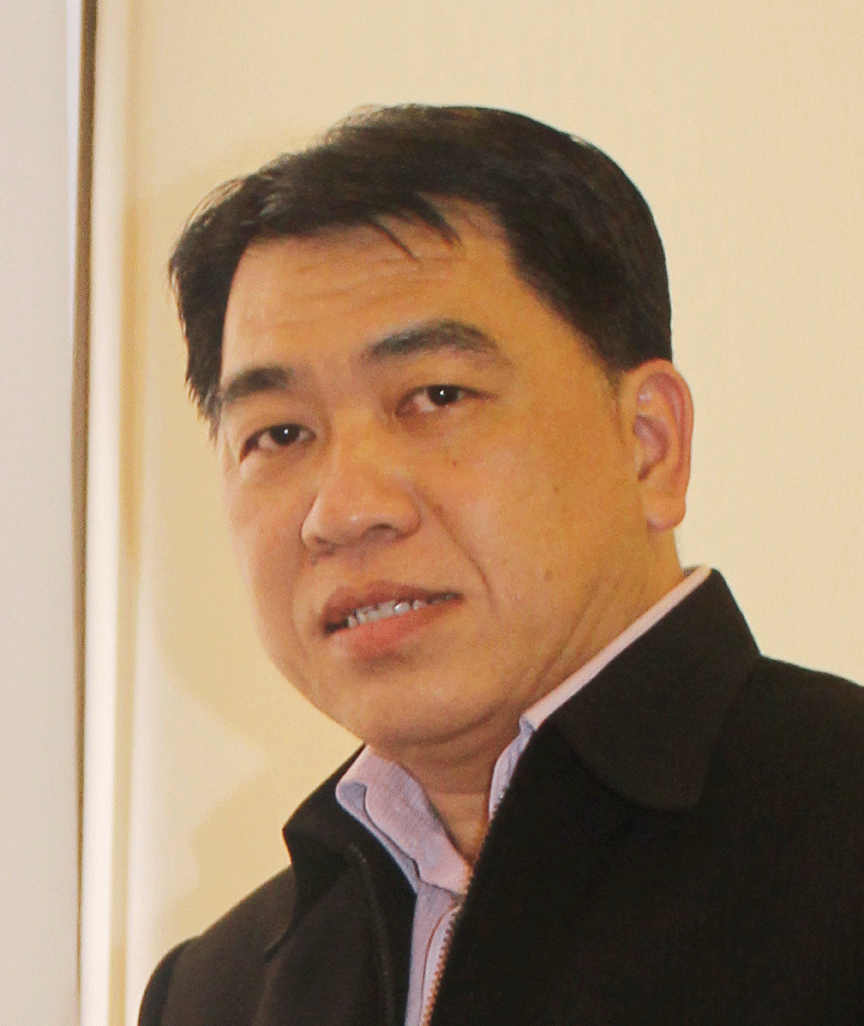
Mr Neo Kok Beng, CEO - AWAK Technologies
The destiny of AWAK Technologies was defined in 2006 at the International Society of Nephrology in Los Angeles during a meeting between Dr Gordon Ku and Dr David Lee. The meeting led to the incorporation of AWAK Technologies in 2007 with licensed technology from University of California, Los Angeles. The firm today boasts of offices in Singapore (headquarter) and Burbank, California, and is dedicated to the R&D and marketing of a peritoneal dialysis-based automated wearable artificial kidney (AWAK) for treatment of patients with end-stage renal disease.
This form of peritoneal dialysis is based on sorbent regenerated dialysis fluid.
The company was founded by Dr Gordon Ku, chairman of Kidney Dialysis Foundation, Dr Lee and Dr Martin Roberts from the US Department of Veterans Affairs Healthcare System and the David Geffen School of Medicine, UCLA, and Mr Neo Kok Beng, adjunct associate professor of marketing, National University of Singapore.
Dr Roberts and Dr Lee are co-inventors of the technology, which was exclusively licensed by the University of California at Los Angeles and the Department of Veteran Affairs to AWAK Technologies.
The revolutionary peritoneal "wearable artificial kidney" is meant for kidney failure patients. It offers freedom to end-stage renal disease (ESRD) patients, enabling them to be gainfully employed, to travel and to do things in life as they did before kidney failure. AWAK Regular Cartridge and Cycler, weighing one kilogram and fully battery-operated, provides patients with 24x7 dialysis.
With continuous dialysis, patient's health is improved and they are able to work and live like any healthy person. The total amount of dialysate used per week in hemodialysis (HD) and peritoneal dialysis (PD) are 360 liters and 70 liters. AWAK system uses only 750ml per month because of its sorbent technology that is able to recycle the dialysate (dialysis water). It reduces more than 60 percent of the dialysis fluid weight carried by current peritoneal dialysis patients, and more than 90 percent of the overall dialysis fluid used per day.
AWAK would be a "disruptive" technology to the industry as this would be the first-ever product to change the lifestyle of dialysis patients. The dialysis machine and consumable industry was about $68 billion in 2010 and is expected to grow at eight percent annually.
Home dialysis allows the industry to eliminate the need for expensive dialysis centers, reducing in-center equipment and infrastructure maintenance costs and minimizing nursing manpower.
"We raised $3 million to set up the company in order to cover the technology development, and are supported by government grants and collaboration supports from Temasek Polytechnic. Our unique technology collaboration formula with local institutions allows us to start lean," said Mr Neo Kok Beng, CEO, AWAK Technologies.
In developing countries, many patients do not receive treatment or drop out due to financial constraints. To support the emerging market, AWAK Technologies is developing a scaled down version of AWAK. The low-cost solution will be used for night dialysis. This therapy allows the immediate deployment and scaling up of treatments for emerging economies that lack infrastructure and trained manpower.
Presently, focus is on pilot production of regular cartridge for clinical trials. AWAK Technologies will conduct phase I human study upon successful pre-clinical trial in Singapore, the US and Germany. The first-in-human trial will be done with Singapore General Hospital and the first-in-pediatrics with the University Children Hospital Tubingen, Germany.
In September 2011, AWAK Technologies was awarded a contract by the US Department of Veteran Affair to conduct a study of AWAK system based on three regular cartridges on a daily basis. The study shall validate the safety and efficacy of AWAK with an animal trial, preceded by a series of in vitro and ex vivo studies. The study will be done in San Diego and Minneapolis in the US.




